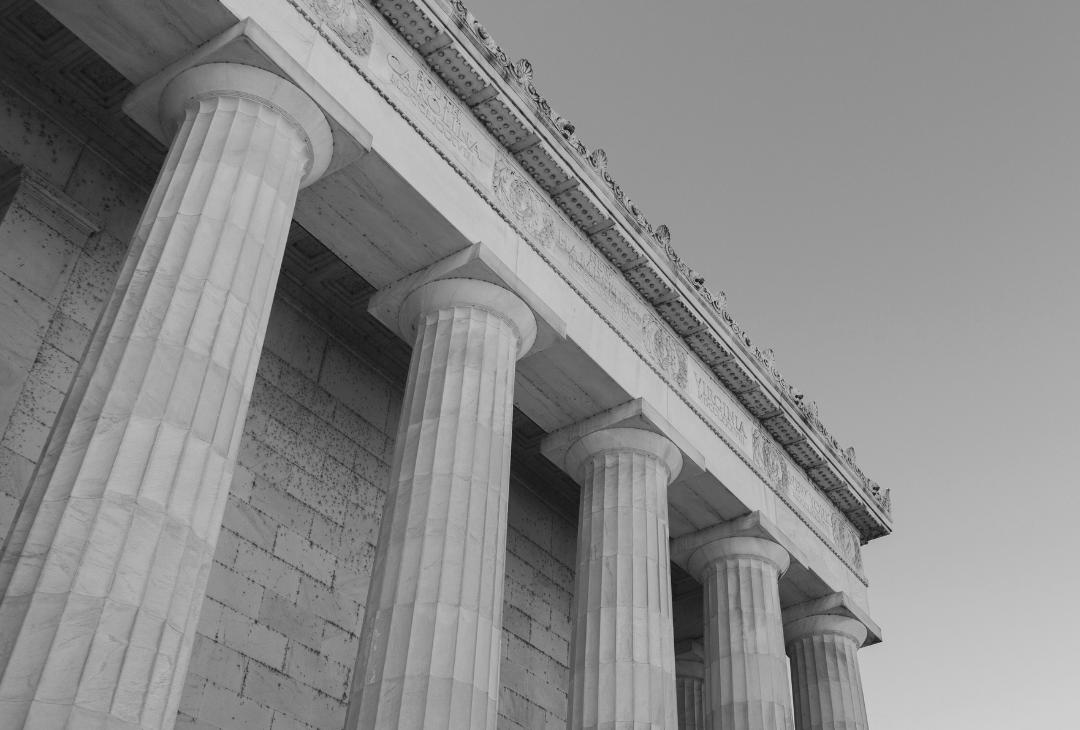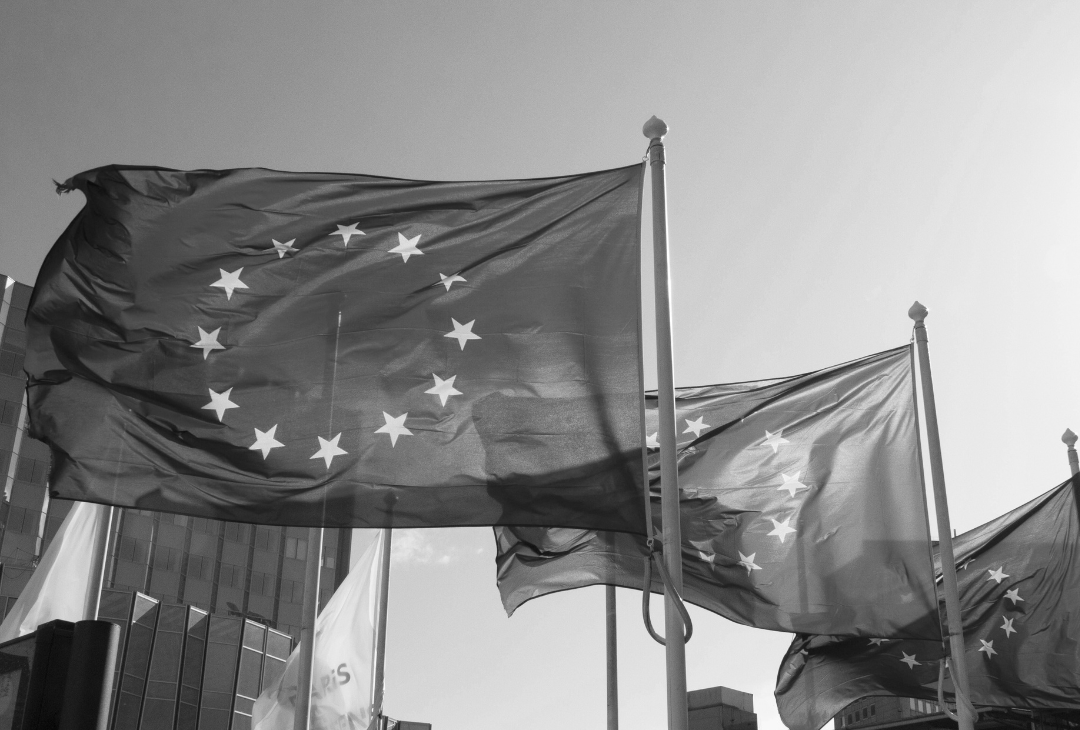Switzerland and New Zealand - the Safest Jurisdictions for Storage

We have been asked many times, which jurisdictions we consider the safest for storing one’s precious metals. Interestingly, the answer is straight-forward: the most picturesque also appear to be the safest – Switzerland and New Zealand.
Of course, most people will choose their home country for storage, keeping the metals close, either in a safe at home or a professionally managed high-security vault. However, what if you don’t trust your home country? What if your home country has unsustainable debt burdens, or if it is socially or politically unsafe?
The number one threat today to your wealth and to economic prosperity is debt. Excessive debt loads are strangling countries around the world. Unprecedented debt levels have been reached in some of the leading economies, most prominently America, Japan and the European Union. Citizens of those regions need to consider the historic risks of confiscation, hyper-inflation and social unrest. Diversifying your holdings internationally is not only prudent, but increasingly necessary too.
Which country should you pick? Clearly, you should consider economies that are fiscally healthy. One simple economic indicator to look for is the debt-to-GDP ratio. Moreover, you need to consider the political and social fabric, the country’s history and its legal system. To what degree are property rights respected? How independent and sovereign is a country?
As clients of Global Gold know well, we can offer a broad array of different global storage locations. However, we have recommended only three as the primary hubs for storing our clients’ precious metals, namely Switzerland, Hong Kong and Singapore.
By far the largest part of our clients’ holdings are stored in high-security vaults in Zurich, Switzerland. Smaller allocations exist in Singapore and Hong Kong. Due to recent developments in Asia, and Hong Kong in particular, we have been looking for storage facilities in alternative jurisdictions.
Next to Switzerland, we have identified New Zealand as the second safest and highly recommended storage location. As of this summer, we are able to offer storage in Wellington, New Zealand.
New Zealand is fiscally very healthy. The Kiwis recorded a government debt equivalent to only 22.20% of the country's GDP in the 2016-17 fiscal year. That is even lower than Switzerland, which recorded 34%. Government debt-to-GDP in New Zealand averaged 23.81% from 1972 until 2017, reaching an all-time high of 54.80% in 1992 and a record low of 4.40% in 1974.
New Zealand Government Net Debt to GDP Ratio

Source: New Zealand Treasury
Moreover, we identified the following advantages:
- In the Forbes Best Countries for Business report, New Zealand is regularly ranked #1 or #2 for lowest levels of corruption, personal freedom, lack of red tape, monetary freedom and property rights.
- New Zealand is a democratic and politically stable nation. The country determines its own foreign policy and is proudly independent of major powers or influencers.
- New Zealand is a remote and very stable country, making it the perfect location for storing precious metals.
- New Zealand provides the geographic spread and security that many bullion investors desire.
- New Zealand is considered a very safe country with one of the world’s most stable banking systems.
- The gold, silver, and platinum bullion stored at our New Zealand vault will be exempt from sales tax (GST), provided it meets minimum purity standards of a fineness not less than 99.5% for gold, not less than 99.9% for silver, and not less than 99.0% for platinum.
We have integrated our New Zealand vault seamlessly into the Global Gold storage services. In New Zealand, we offer both our Collective and our Segregated storage services.
One caveat: the precious metals markets in New Zealand are not as developed as in Switzerland. Therefore, certain limitations may exist in available products and liquidity upon selling may be more restricted.




